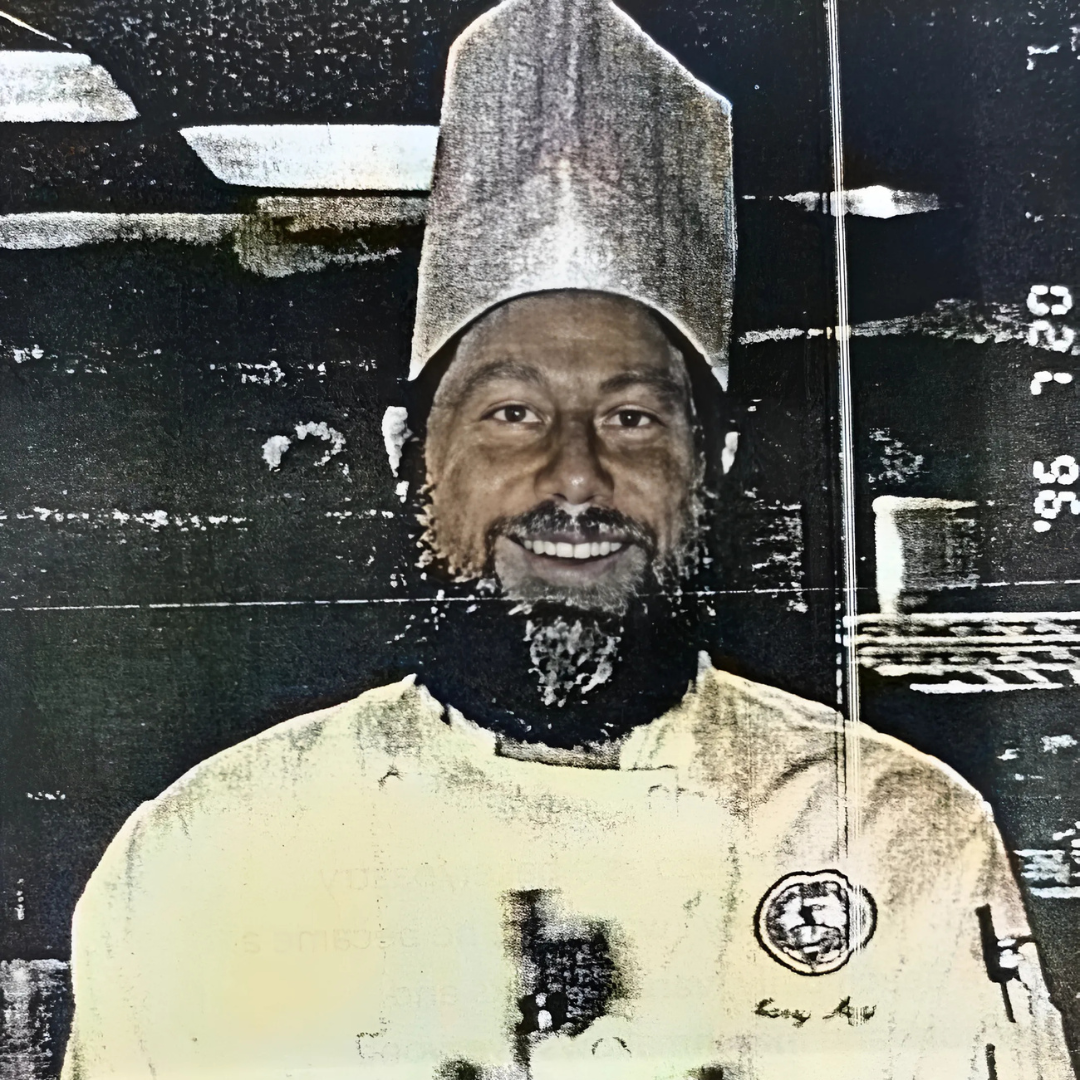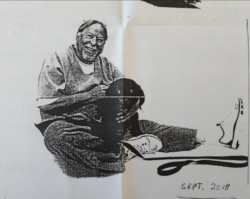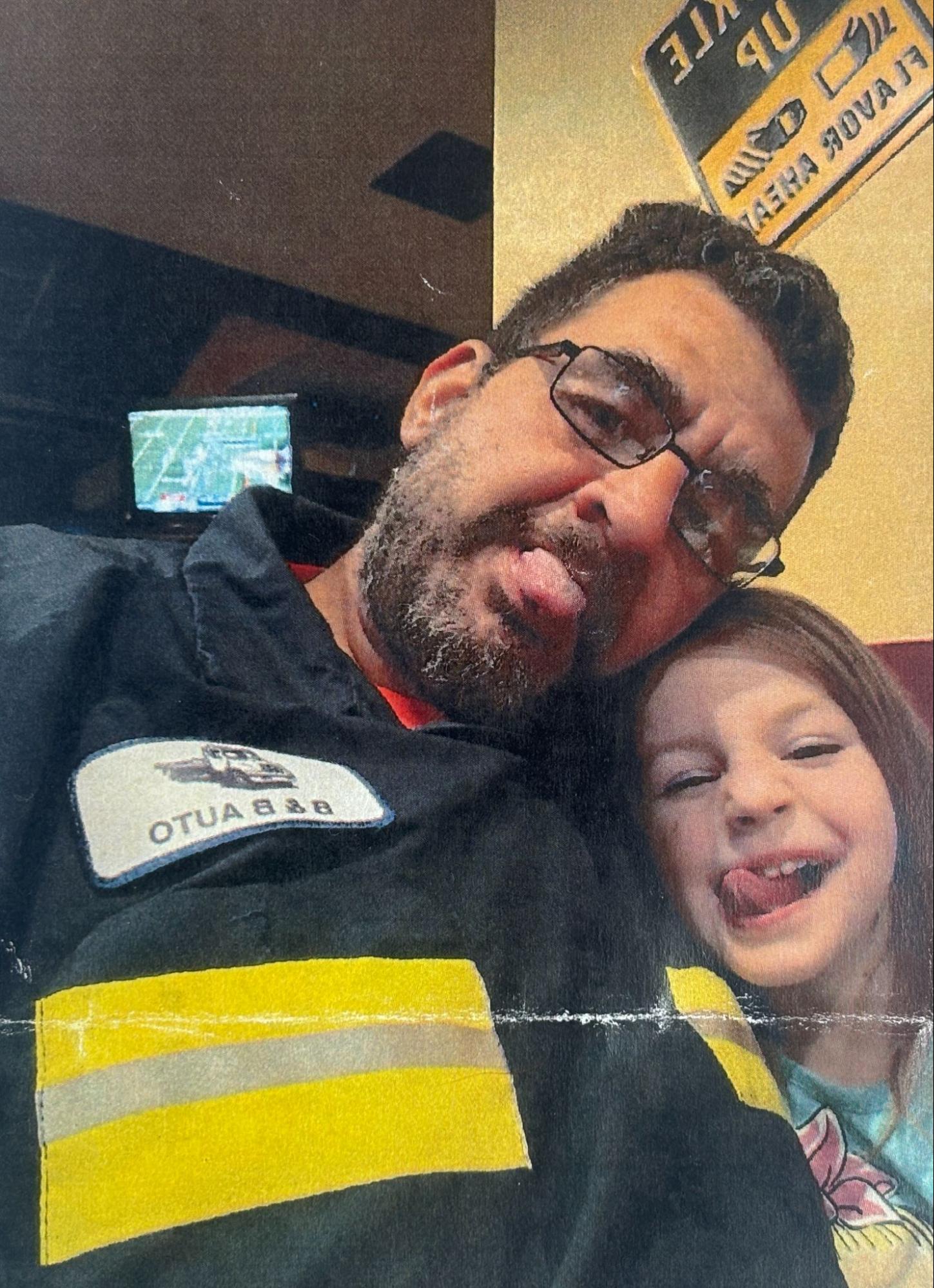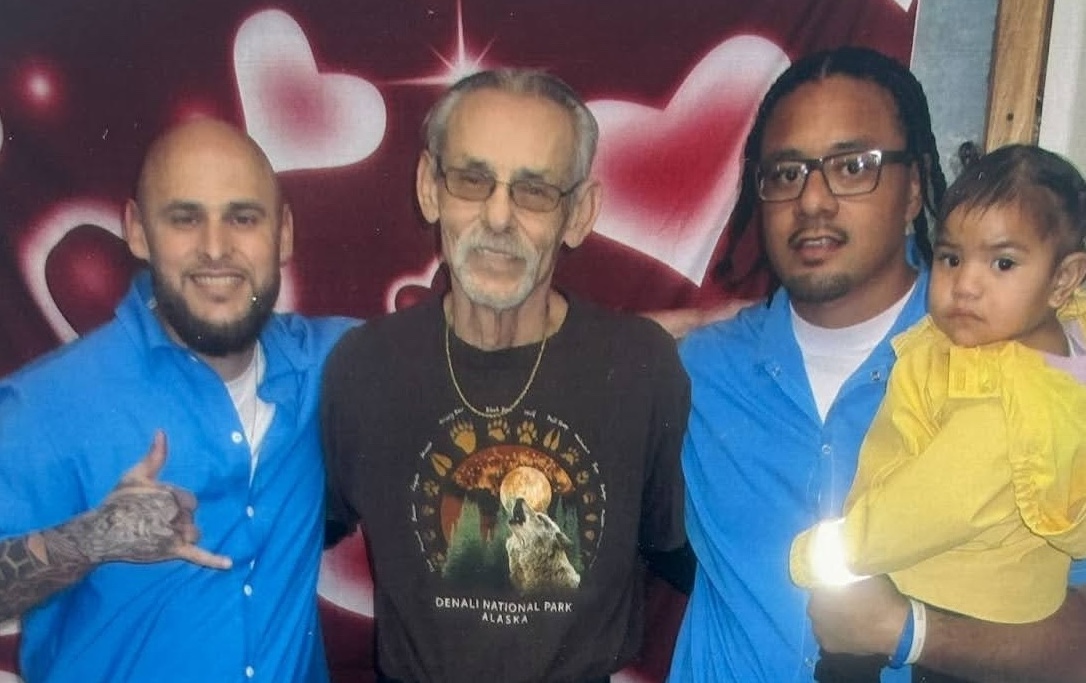I can’t remember exactly when I fell in love with running or how it happened. I just know that I used running as a form of escape
Running From Home
Education was always important in the household I grew up in. My father was a professor at the University of California, Berkeley, and my mother was a teacher. I was the youngest of four siblings. There was a lot of pressure on me to get good grades. We had dinner every night in the kitchen as a family. My parents, usually my father, would go around the table asking each of us what we had learned in school that day. Passing wasn’t allowed. We went through the subjects one by one, discussing our classes and the homework that was due the following morning. That was our dinner conversation. Afterwards, we immediately started on our homework. When we had finished, we’d let our father know, and he and I would go through each question or problem together. If something wasn’t correct, we’d solve it properly. I was just an average student, and my retention was my downfall. I couldn’t absorb what I’d just read. It was frustrating and disappointing, not only for me, but especially for my father. I felt worthless and like a failure. Our homework sessions often ended with me in tears. His expectations of me always fell short. He grew impatient, and his anger sometimes scared me. When my sobbing got too loud, my mother would intervene. I recall going to bed feeling anxious, fearful, and inadequate. This was the norm, not the exception. My father never called me dumb or stupid. His comments were more like, “Why don’t you get it?”, “We’ve been over it a dozen times!”, “Do it again!”, “Try harder!” It was all too overwhelming for me. My self-esteem and self-confidence diminished throughout my adolescence. I developed a low opinion of myself. Even as I share this story now, I feel as though I cannot adequately express, describe, or illustrate the fear, hysteria, and inner turmoil I experienced throughout my educational journey as a child. I was a distance runner in high school. Cross country and track practice was my last class. We worked out as a team and jogged in the hills above El Cerrito High School. Running felt good, both mentally and physically. I began to excel and soon became one of the best on our team. My parents came to my meets and cheered me on. Finally, with running, I felt the validation, acceptance, and appreciation from my parents that I never received for my academic efforts. It was a sigh of relief. As my siblings left home, it was just my parents and me. Our dinner conversations began to revolve around running instead of school. They even encouraged me to go jogging after dinner instead of starting on homework. I was relieved. Running down a dark and lonely street felt peaceful. I timed myself on the hilly course and constantly improved. I can’t remember exactly when I fell in love with running or how it happened. I just know that I used running as a form of escape—escape from homework, and from the harshness of my father. When it came time to apply for college, my SAT scores were dismal and my grades were average. My high school coach put in a good word with some college coaches. I applied to four schools and, to my surprise, was accepted to them all. The track coach at Linfield College in Oregon was particularly impressed by my times and even called me at home. I left for McMinnville, Oregon in August of 1973 and joined the team. But I dropped out after 18 months, just before I would have been flunked. I felt inferior. It was so frustrating and discouraging that I simply stopped going to class. When I returned home, I expected support. Instead, I was met with hostility and was asked to gather my belongings and leave. I was shocked. I packed up my things, left home, and for the next 21 years, did the best I could to be a productive and contributing member of society. It wasn’t until 1996, at the age of 41, that I discovered my life’s passion. I lost my factory job due to the North American Free Trade Agreement. I was given a list of a dozen fully funded career training programs, but the idea of going back to school made my stomach turn. Then one program caught my eye: training to become a bakery and pastry chef at the prestigious California Culinary Academy in downtown San Francisco. It was a dream come true. The course was intensive and lasted seven months. “Should I even attempt this?” I wondered. The chance to bake and eat pastries convinced me to try. I was still apprehensive, but optimistic. After the first day, I knew I had made the right decision. I was enamored watching the chef transform balls of dough, step by step, into magnificent creations ready for the oven. During my time at the academy, I made a wide variety of cakes, pastries, and breads. Sourdough, a San Francisco tradition, became my specialty. I looked forward to going to class every day—a stark contrast to my college experience. I had perfect attendance. I didn’t miss a single day. At graduation, my mother and father clapped and cheered. A few months later, I had an interview at a bakery in Oakland, where I became the quality and sanitation supervisor. Unfortunately, this would be my last job. As I look back on my formal and informal educational journey, I can’t help but wonder: if my parents had taken a gentler, more loving approach, would things have turned out differently? Could it have sparked the same excitement, enjoyment, and enthusiasm I felt in baking school? Could it have changed the entire trajectory of my life? Sadly, as I reflect on this now, I do so as a 66-year-old man sitting in a six-by-ten-foot prison cell.







